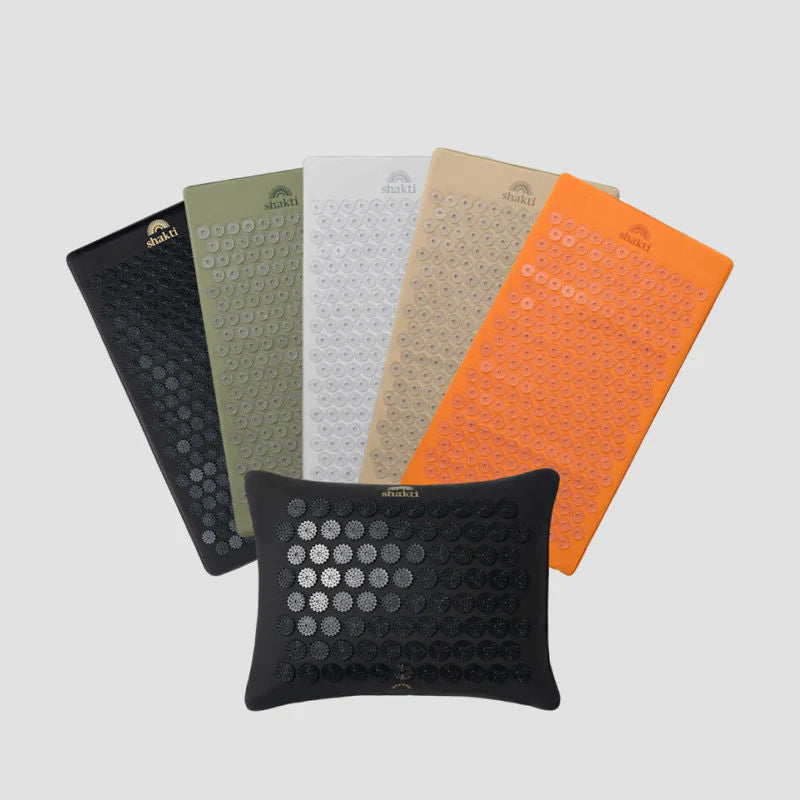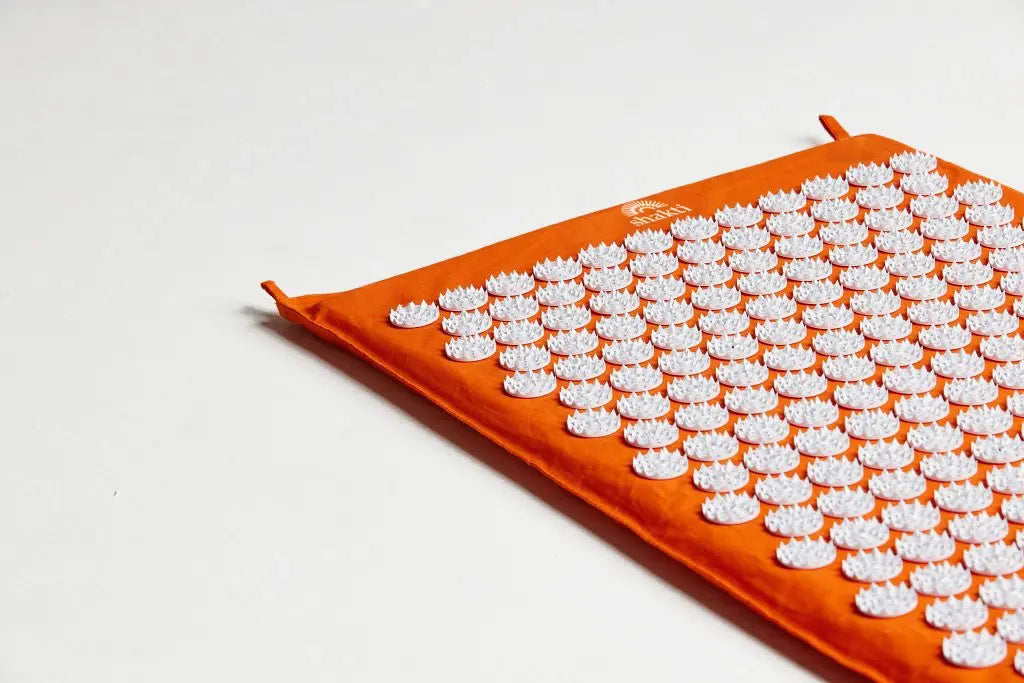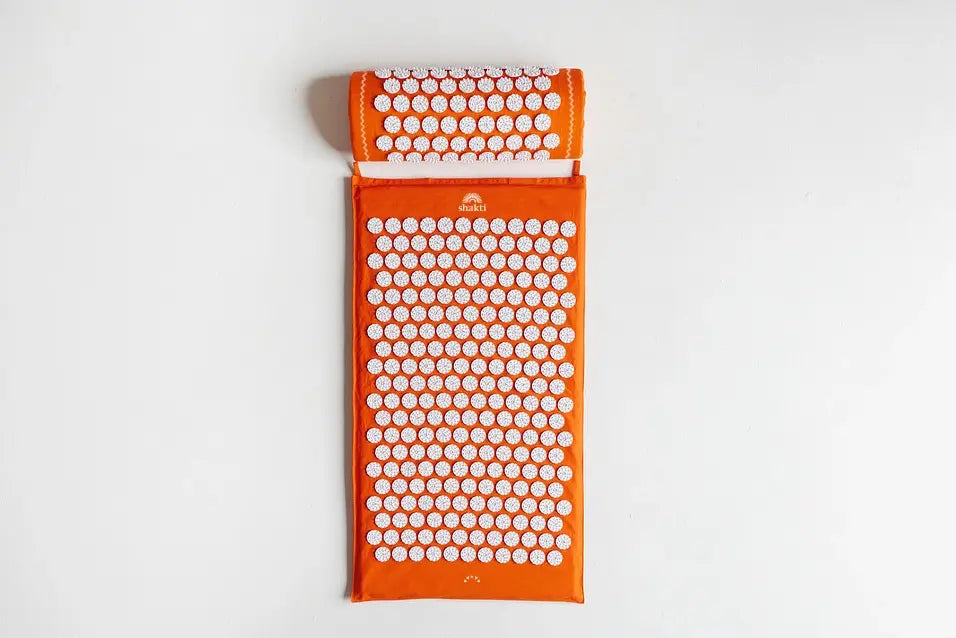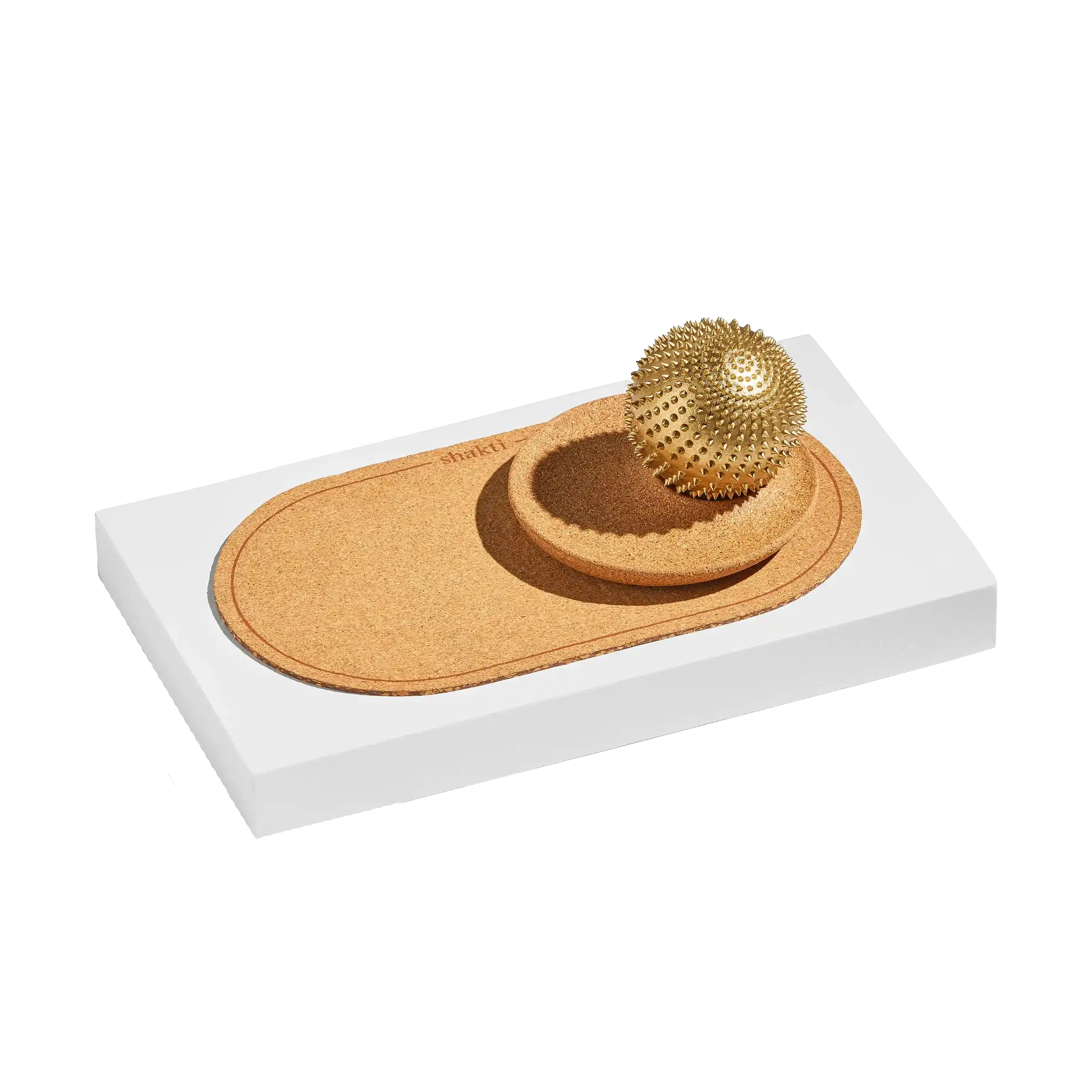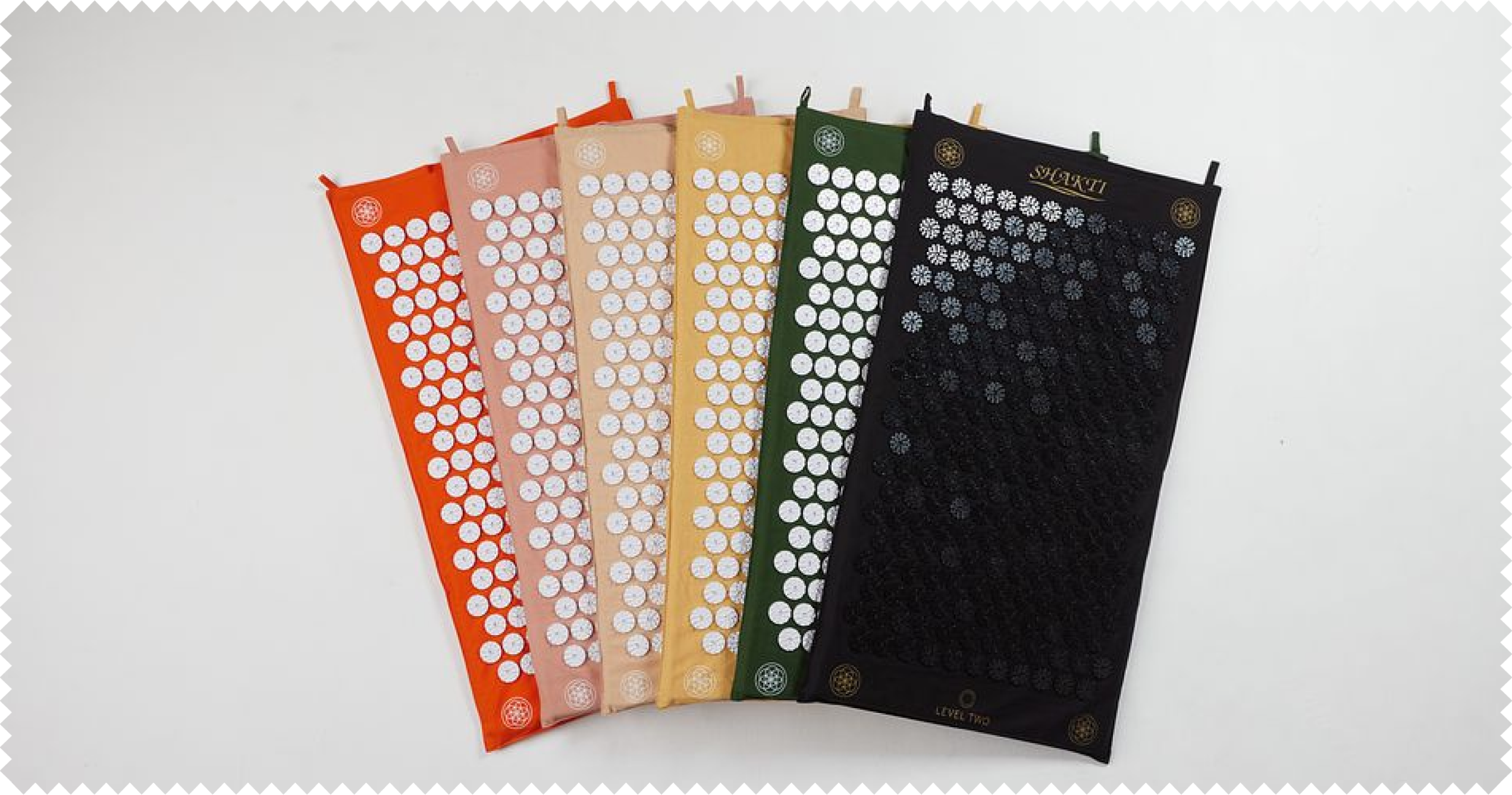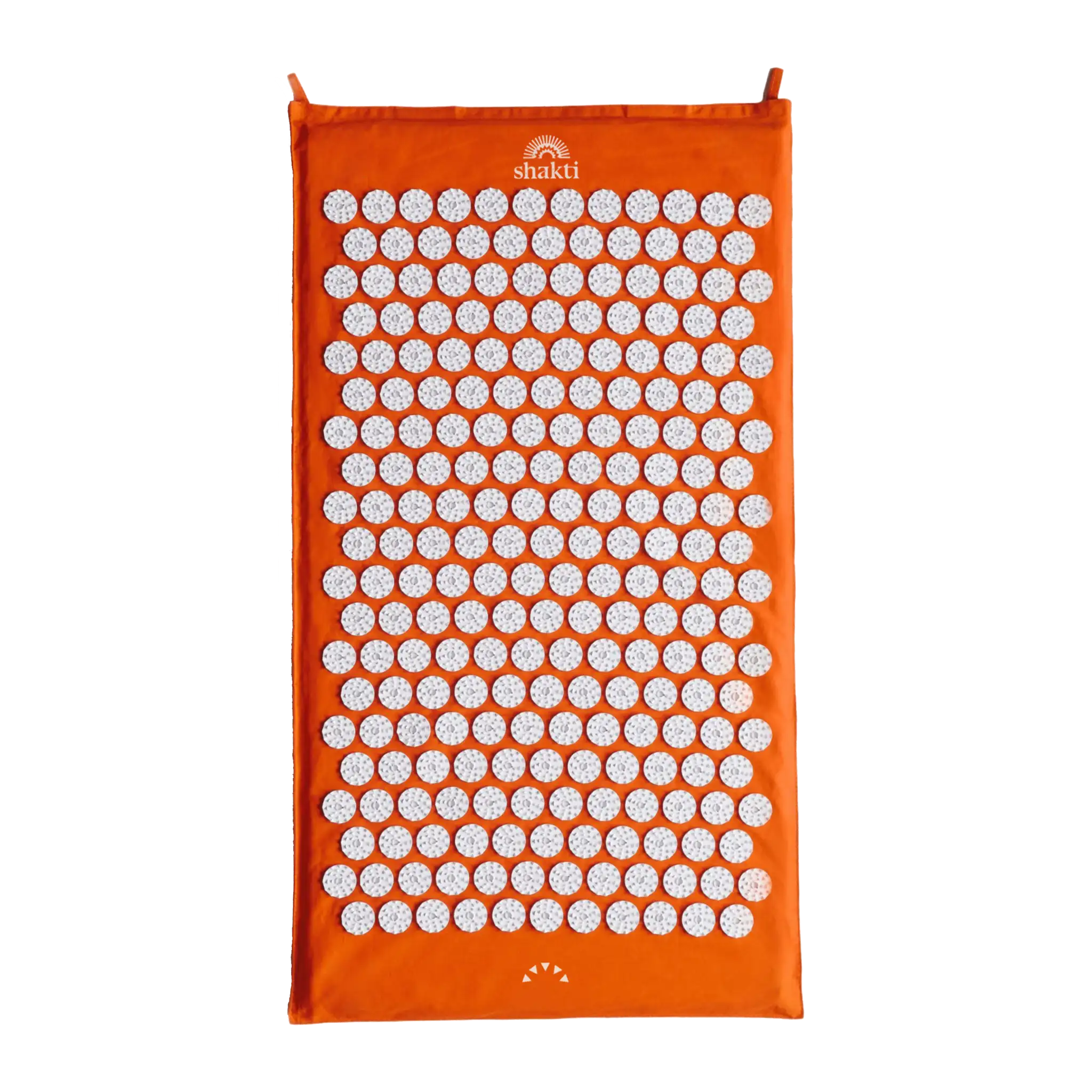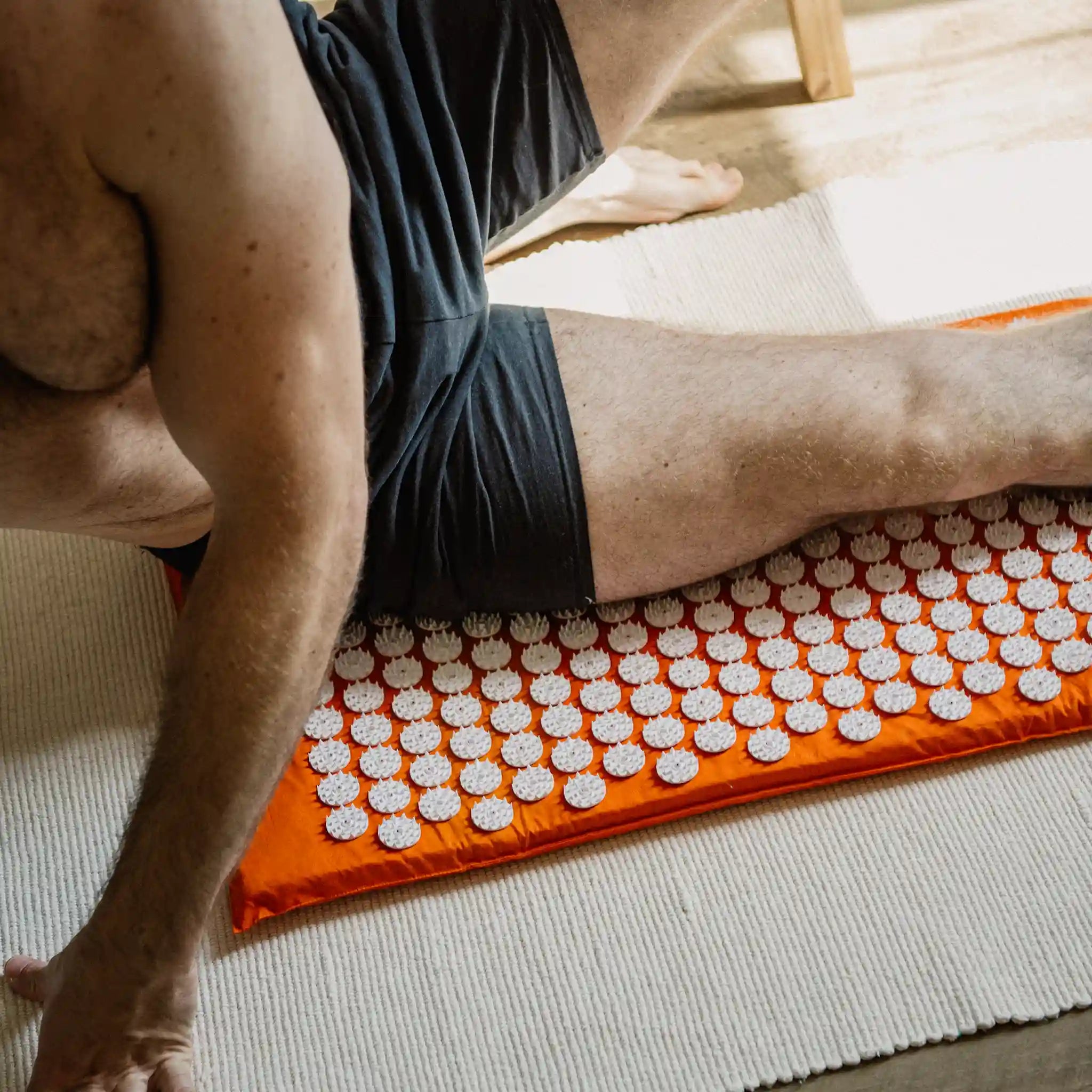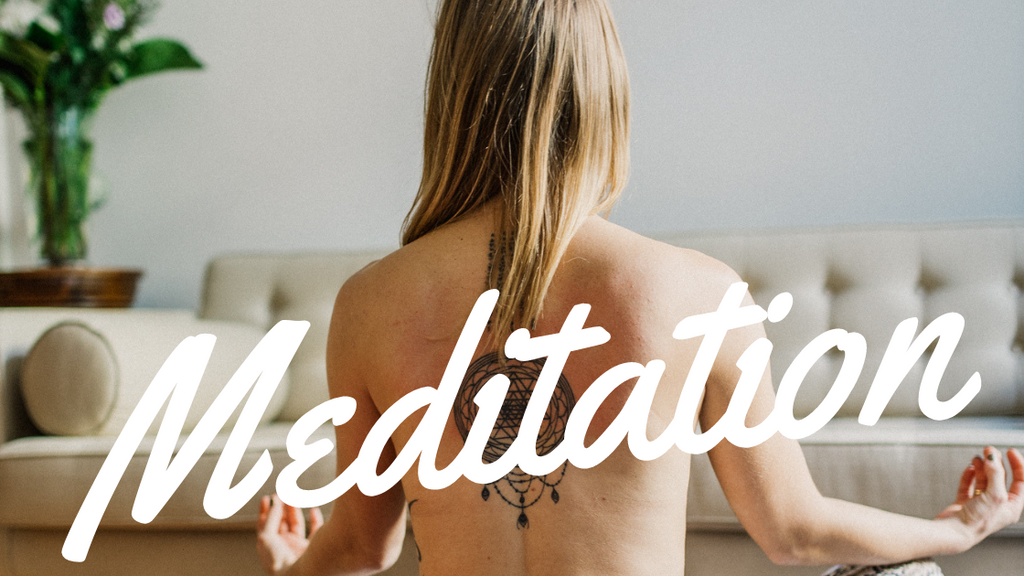Take it easy: 4 ideas for more relaxation in everyday life
We all know it: You wake up in the morning, you're annoyed by the alarm clock and you're already stressed out inside. Especially on Mondays, this feeling seems to be the order of the day for many people. The weekend is over and you have to face the responsibilities of life again.
But: Wait a minute! What actually tenses us so much on these mornings? Most of the time, you can't really define it yourself. Is it the poor or little sleep, the huge to-do list waiting for you at work or arguments with your partner?
But there is good news! Regardless of the cause or trigger of stress, you can learn to deal with it better. A relaxed mind is not as easily upset by stress as someone who is already tense and restless inside.
Of course, it's easier said than done! Of course, we know that too. Because our fast-paced society doesn't make it any easier for us to stay in tune with ourselves. More and more is demanded of us: faster, higher, further.
Women often feel stressed because, in addition to their role as mothers, they also have to be the perfect housewife, colleague and partner, while men still too often have to play the provider and sweep their feelings aside.
Using technology doesn't make our lives any more relaxed either. Studies show that smartphone use continues to increase every year. We spend more and more time on our phones checking emails, sending WhatsApp messages, looking at other people's lives and comparing ourselves with them. A British study shows that this tends to make us unhappy. According to the study, anxiety and depression have increased by 70% in the last 25 years.
It is time that we actively ensure that we are well and take responsibility for our well-being. With this blog article we want to inspire you to bring more peace into your life and your everyday life with small tricks, in order to go through life healthy and fit in the long term.
1. relaxation works when it is built into everyday life in the long term.
If we were to start a survey right now and ask each and every one of you what you associate with relaxation, one of the first associations would almost certainly be "vacation". And this is exactly where the problem lies: Most Germans go on vacation between one and three times a year. Over the course of a year, that's not a lot of deep relaxation, is it?
So it's more about getting relaxation into your everyday life instead of working out because you know that in 6 months you'll be allowed to lie by the sea for two weeks. Because if we are honest with ourselves, we also know that these two weeks do us good, but we fall back into old patterns at the latest when we start our journey home.
It is precisely these patterns that need to be broken up and reprogrammed, so to speak. And that is not even that difficult. Like so many things, it simply requires constant practice until it becomes routine for us.
A good start to the day can change many things
Let's be more specific: Many people already start the morning in a bad mood and tense. The alarm clock rings once again much too early and actually you want to stay in bed. So you snooze until just before and then run out of the house in a hurry. Mostly without breakfast, without having taken a breath and so without any relaxation.
On the other hand, how about getting up earlier and consciously taking time for yourself. Many health coaches preach that a morning routine can work wonders.
Ideally, you leave your smartphone on flight mode until you leave the house. In that one or even two hours, you do things that are really good for you. For example, you brew yourself a cup of coffee or your favorite tea, prepare your breakfast in peace and quiet, and read a few pages in a book, magazine, your favorite newspaper, or write a gratitude journal. Bet your day will take a whole different turn if you start it that way for the long haul?
By the way, this also works for mothers. Just get up before the kids and consciously take "you time" before everyone else is awake. This will certainly bring new moments of relaxation into your life and that of the whole family.
A plea for more micro-breaks in the office
Now many will think: If only there were not the work!
Objection! Because even in the office you can build in targeted rest breaks.
How about, for example, a short walk through the office or even outside? You will always have 5 minutes available for this. As a rule, the idea is to simply turn off the "work FM" station and concentrate on other things, such as your surroundings.
Above all, you should also make sure that you don't spend your lunch break in front of the screen. This may often seem very tempting, but it's not good for your head, because screen breaks are important and necessary (and, by the way, you're entitled to them by law).
If all the alarm bells are ringing and it's just too much, it also helps to take 5 minutes, lock yourself in the toilet and just breathe. Focusing on breathing - and thus away from the actual problem - can sometimes work wonders. But we'll get to that in more detail in a moment.
A healthy evening routine is the basis for recovery
We "sleep through" two thirds of our lives. So sleep is a really important part of our lives that we should take very seriously. And yet: one in four Germans sleeps too little. This can have many reasons: Problems falling asleep or simply indulging in too little of it.
In order to get a good night's sleep and a balanced start to the next day, it's especially important to establish an evening routine - just like a morning routine. Ideally, the smartphone should not be part of this routine, as we should not use it up to an hour before falling asleep.
One explanation for this could be that our brain is simply burdened with too much information that it cannot process so late in the evening. The result: we brood, process and can't fall asleep.
Instead, you should do things like: Reading a book or relaxing. Of course, your ShaktiMat can help you with that, too. Many of our customers report that their habits of falling asleep have changed positively since they lay down on the ShaktiMat before going to bed. This can be explained mainly by the relaxation of the muscles and the onset of deep relaxation.
Above all, however, you should also refrain from eating too large portions immediately before going to bed (the intestines are otherwise too busy with digestion), drink enough water and darken the room sufficiently. Then all signals are set for your body that it's time to go to bed.

2. treat yourself to more vacations and short trips
As mentioned earlier, many people only go on vacation when it is usually too late. Namely, when they are burned out and overworked. Until then, they keep their heads above water with thoughts like "Well, it's time again in August!
Allowing yourself time off when you need it most
How about allowing yourself a lot more small time-outs instead of just two big vacations? For example, you could take time out when you're in over your head again and don't know what to do. Or when strokes of fate hit you and you need time to grieve, for example. What usually happens then is that we overtax ourselves and simply function instead of consciously taking time out to process. In exceptional cases, I'm sure every boss will be willing to talk to us and - at the very least - grant us unpaid leave.
"Mum" + "Vacation" = "Mumcation"
One of the most exciting and at the same time most exhausting phases in a woman's life is becoming a mother. The body and also the mind change and suddenly everything is different. For many women, this can pull the rug out from under their feet and lead to exhaustion and excessive demands. It is not uncommon for mothers in particular to complain about an excessive workload. That's why mothers in particular should be allowed to take small breaks without a guilty conscience, without their children or husbands, in order to feel themselves again and take care of their own needs.
It is important to say at this point that a "time out" does not always have to cost a lot of money. Of course, it can be the 5-star wellness hotel on the Baltic Sea, a visit to the girlfriend in Brandenburg or a bike ride through the neighboring forest does it but certainly also. Most of the time, it's just about getting out of your familiar surroundings and feeling like you're doing something for yourself.

3. yoga works wonders
Many start yoga to beat their back pain or to exercise. But what most only realize over time is that in addition to improving physical well-being, yoga also does something wonderful to the mind.
Yoga brings us into balance and straightens our perspective when it is needed again. How does it do that? The goal of yoga practice is to bring your body and mind into harmony. This is achieved through the various exercises (called asanas) and by focusing on your breath.
In the long run, you achieve a very strange effect (anyone who practices yoga will know what we are talking about): Everything suddenly becomes very easy and the perceived problems seem so much smaller than before.
There is no longer any tension or heaviness in the chest or elsewhere, and one simply feels liberated. This is the famous "middle" that many people talk about. This feeling, when you turn off your mind and are completely with yourself, without all the worries, sorrows or problems.
More and more scientific studies are proving that yoga can have a lasting effect on cardiovascular diseases, back pain and cancer prevention. Just one to three yoga classes per week can have a positive effect on your physical health and well-being.
4. with meditation to more positive feelings in everyday life
A study by researcher Barbara Fredrickson examined the effect of mediation. For this, 65 people were asked to listen to a 15-minute mediation for 6 weeks, reciting daily kindness thoughts to them, for example on the topic of their own well-being, inner peace, etc. Over time, the mediation also involved other people such as family, partners and acquaintances in the kindness thoughts.
The result: The study proved that people felt good emotions such as hope, joy, gratitude and love. On the one hand, they improved their bond with themselves, and on the other hand, they felt their relationships were more positive and closer. Great, right?
And that's what mediation is all about: simply switching off your head and just being. What sounds so complicated and often esoteric is actually quite simple: You find a comfortable seat - this can be either cross-legged or sitting upright on the chair with your feet on the floor. Then close your eyes and try not to think about anything.
Not so easy, because the thoughts do their best to get a place in your head. But we can tell you from experience: over time, it becomes easier and easier to switch off and just pay attention to your breathing.
Today, modern apps like Headspace make it easier for more than a million people to build breaks into their daily lives and live happier, healthier lives as a result.
When you start meditating regularly, you will find that your view of stress will change all by itself and your tolerance level for stress will be pushed further back. Small things will no longer stress you directly and you will distance yourself from issues that are not good for you.
We hope that with this blog article we could inspire you to incorporate more relaxation and rest into your everyday life and to take a break more often.
We don't want to lie to you, it will take a while until your routine has changed and until then it will certainly not be an easy path, because your inner bastard will try to convince you again and again that you should fall back into your old patterns. Because: Everything that is new is always threatening for us at first.
But don't let that discourage you! In the long run, you'll get through your day much more balanced and calm if you allow yourself regular relaxation breaks - whether on a short trip, in your morning or sleep routine, in the office or with yoga and meditation.
If you're still looking for the right music for your special moments of relaxation, we've put together playlists for you that are guaranteed to help you get the job done.


